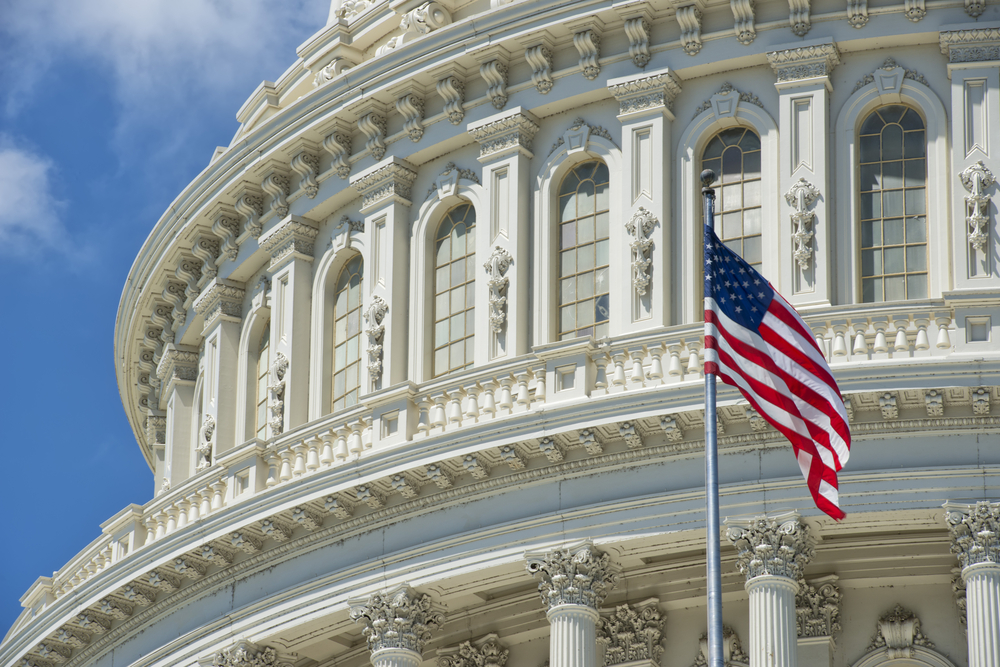In the past 15 months, congress passed five bills that have substantive and significant tax provisions:
- The Surface Transportation and Veterans Health Care Choice Improvement Act of 2015.
- The Bipartisan Budget Act of 2015.
- The Fixing America’s Surface Transportation Act (“FAST Act”).
- The Consolidate Appropriations Act of 2015 (“PATH Act”), including the Protecting Americans From Tac Hike Act of 2015 (“Path Act”).
- The Trade Facilitation and Trade Enforcement Act of 2015.
In this blog post we will highlight just a few of the tax provisions affecting taxpayers.
After 2016, mortgage lenders will be required to provide additional information to the IRS on information returns including:
- Amount and outstanding principal on the mortgage at the beginning of the year;
- Date of origination of the mortgage; and
- Address of the property that secures the mortgage (or a description if the property has no address).
For 2016 taxable years (the 2017 filing season), due dates and maximum extended due dates for returns are changed. Partnership (Form 1065) and S corporation returns (Form 1120S) will have an original due date of the 15th day of the third month after the close of the taxable year, or March 15 for calendar year-year taxpayers. A maximum of six months will be allowed.
The FinCen Form 114 (the FBAR) will be due on April 15 of the year following the year for which the foreign account is being reported. Late penalty is $10,000. There is no de minimis income rules so if you have $100 in an offshore account with an online bookmaker and you fail to include income from that account on your return or fail to timely file Form 114, the penalty is $10,000.
FAST Act extends certain excise taxes through September 2022.
Tax Offsets:
- Revocation or denial of passport for certain unpaid taxes.
- Requires the IRS to enter into qualified tax collection contracts for the collection of inactive tax receivables, and thus resumes private debt collection. The implementation of these rules will not be in place until March 2017. Taxpayer Advocate Nina Olsen has reservations about returning to private collection. Receivables not eligible for collection include Taxpayers subject to pending or active OIC’s or installment agreements. Contact Plano Tax Prep in you have unfiled returns and owe back taxes. We can halt collection activity and get you back on track.
The Consolidated Appropriations Act of 2016 extends the credit for residential energy efficient property. Current law provides a 30% credit for the purchase of qualified solar water heating property used for purposes other than heating swimming pools and hot tubs, and placed into service prior to 2017. The Act extends the credit for five years through December 31, 2021, but only for qualified solar electric property and solar water heating property. The credit rate is reduced to 26% in 2020 and 22% for 2021.
PATH Act of 2015 extenders:
Lower earnings threshold of $3,000 for refundable child tax credit (CTC) is made permanent. The CTC is refundable up to 15% of earned income in excess of a threshold, originally $10,000, but $3,000 for 2009-2017. The $3,000 threshold is made permanent with no inflation adjustment.
The American Opportunity Tax Credit AOTC is made permanent. Credit is maximum of $2,500 for four years, and up to 40% is refundable. Tax Return Preparers now have due diligence requirements for both the CTC and the AOTC, in addition to the EITC so be prepared to furnish Plano Tax Prep with additional supporting documentation regarding your eligibility to take these credits. Box 1 on Form 1098-T must be completed (amounts received) rather than Box 2 (amounts billed).
Modifications of earned income tax credit (EITC presently effective through 2017 are made permanent.
The $250 above-the-line schoolteacher deduction is made permanent and will be adjusted for inflation after 2015. The 2016 amount will remain $250.
The election to deduct state and local sales tax in lieu of state and local income taxes is made permanent.
The 15-year recovery period for qualified leasehold improvement property, qualified retail improvement property, and qualified restaurant property.
The $500,000 deduction under sec 179 with a $2 million phase-out floor adjusted for inflation after 2015 ($500,000/$2,010,000 in 2016)
Off-the-shelf computer software permanently qualifies.
Qualified real property eligibility under sec 179 is permanent with a $250,000 limit in 2015, and elimination of that limit after 2015. Language excluding a/c and heating units from sec 179 and qualified real property is eliminated after 2015.
Bonus depreciation: Keep at 50% for 2015-2017, and reduce to 40% in 2018 and 30% in 2019.
For automobiles: $8,000 first year bonus 2015-2017, reduced to $6,400 in 2018 and 30% in 2019.
After 2015: Allow bonus depreciation for “qualified improvement property” instead of qualified leasehold improvement property.
GOP House Tax Blueprint – “Huge” changes coming in January including the repeal of ACA (Obamacare) and a universal tax credit to buy insurance – stay tuned!
If you have any questions, contact us at Plano Tax Prep Tel (972) 767-6410 or email info@planotaxprep.com.



